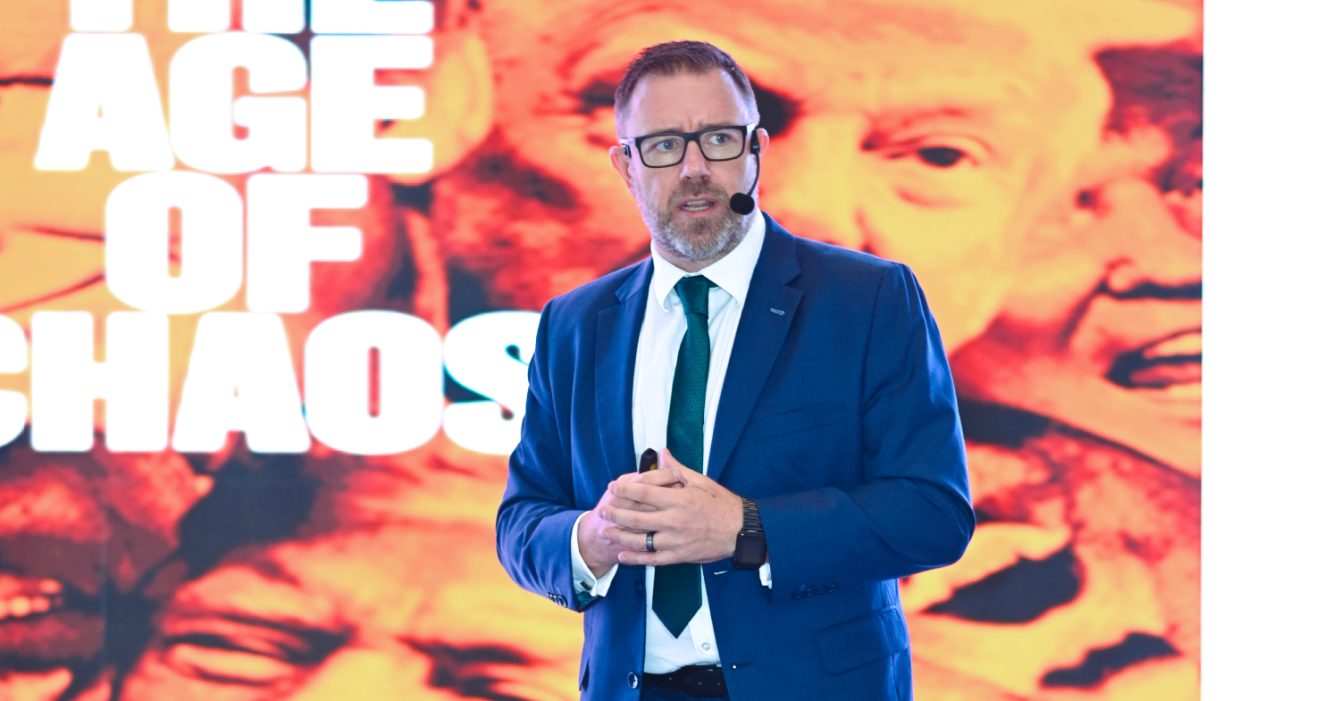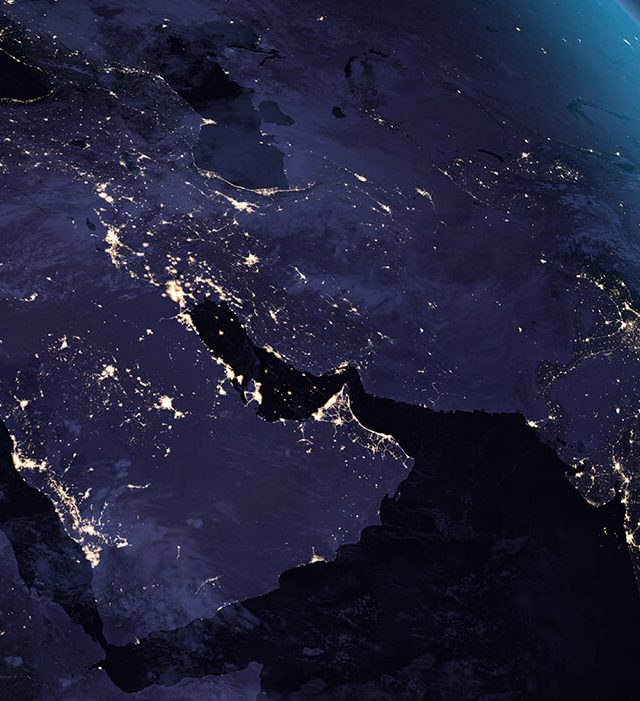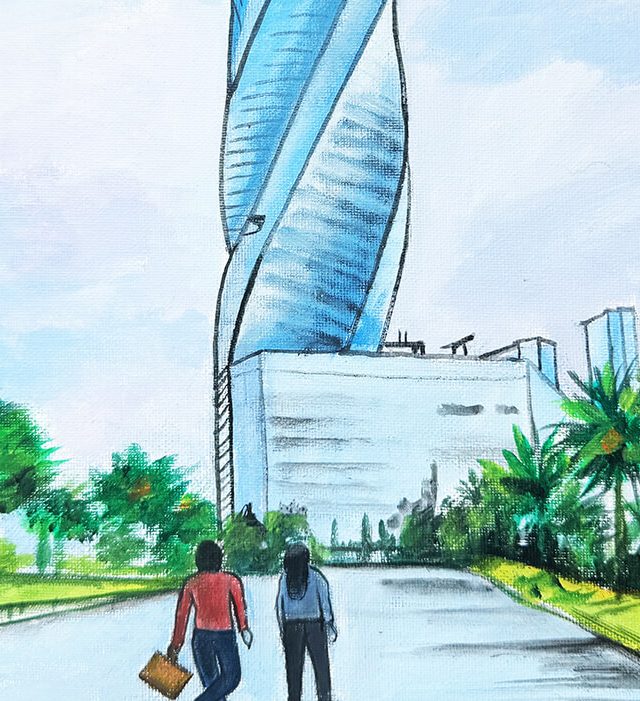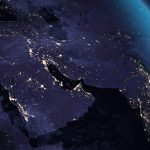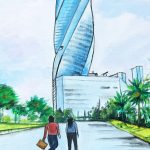Navigating the new world disorder: Global shifts and Kuwait’s strategic position
At ASAR Conference 2025, Robert Willock, Global Director at The Economist Intelligence Corporate Network, delivered a broad and incisive analysis of the forces redefining the global economy and their implications for Kuwait and the wider Middle East. He described the current era as a “new world disorder” – a period of volatility, realignment, and opportunity shaped by geopolitics, trade policy, and technology.
Global realignments and the rise of the Global South
Willock explained that the world is moving decisively toward a multipolar order. Emerging blocs such as BRICS and the Shanghai Cooperation Organization are gaining influence, with the combined GDP of the Global South expected to surpass that of the G7 by the 2040s. This shift, he noted, is redefining global trade flows and investment priorities.
While the re-election of President Trump and renewed U.S. tariffs have disrupted trade and manufacturing patterns, they have also prompted supply-chain diversification strategies that could benefit emerging markets – including the Middle East. Countries that maintain balanced relations across global blocs may find themselves well positioned to attract investment.
Economic pressures and regional implications
Tariffs, inflation, and industrial policy were identified as key features of this new environment. Despite protectionist pressures, global growth forecasts remain resilient. However, oil-dependent economies, such as Kuwait and Saudi Arabia, must adapt to price volatility and fiscal constraints, particularly as diversification projects advance. Willock noted that the GCC’s steady growth and fiscal stability position it favourably, with the UAE and Saudi Arabia achieving notable gains in global investment rankings. Kuwait, he observed, continues to make progress in improving its business environment and infrastructure, steps that are critical for sustaining competitiveness.
Maintaining balance in an age of uncertainty
Willock’s central message was one of strategic balance. Middle-position countries – such as Kuwait – can benefit by engaging constructively with multiple partners rather than aligning exclusively with any bloc. This approach, he suggested, allows nations to access diverse sources of capital, technology, and expertise while maintaining geopolitical flexibility. For Kuwait, this means continuing to pair fiscal prudence with openness to diverse partnerships.
Key takeaway
In an era of shifting alliances and global uncertainty, Willock emphasised that adaptability and openness will be Kuwait’s greatest strengths. By maintaining openness, fiscal discipline, and balanced international partnerships, Kuwait can continue turning global uncertainty into long-term opportunity.
Part of the ASAR Conference 2025 Insights Series: Powering Sustainable Growth in Kuwait.
Read more from the ASAR Conference 2025 Insights Series

